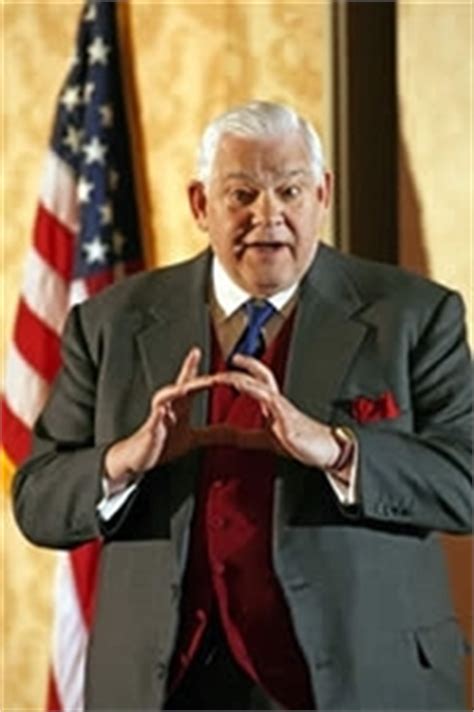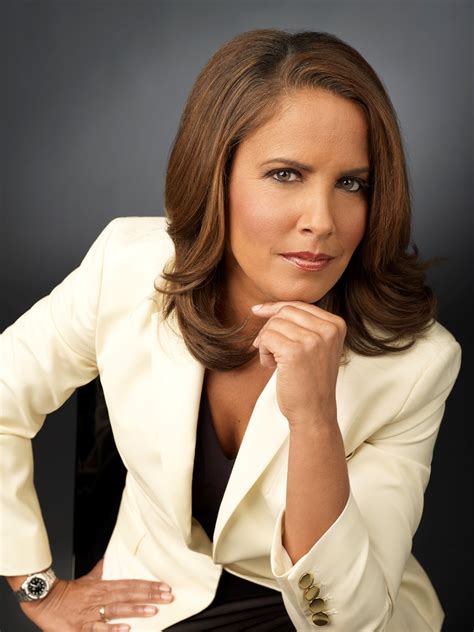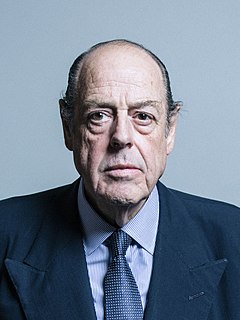A Quote by James C Humes
Churchill wrote his own speeches. When a leader does that, he becomes emotionally invested with his utterances...If Churchill had had a speech write in 1940, Britain would be speaking German today.
Related Quotes
When Prime Minister Neville Chamberlain's government fell in May 1940, the nation turned to Churchill. At last, his unique qualities were brought to bear on a supreme challenge, and with his unshakable optimism, his heroic vision, and above all, his splendid speeches, Churchill roused the spirit of the British people.
Adlai Stevenson, himself a notable speaker, often reminisced about his last meeting with Churchill. I asked him on whom or what he had based his oratorical style. Churchill replied, "It was an American statesman who inspired me and taught me how to use every note of the human voice like an organ." Winston then to my amazement started to quote long excerpts from Bourke Cockran's speeches of 60 years before. "He was my model," Churchill said. "I learned from him how to hold thousands in thrall."
In the closed circle of the war cabinet, pounded by terrible report after terrible report, there had been uncertainty about whether he could fend off the drift to exploring a deal with Hitler. The determination of the larger group trumped the tentativeness of the smaller, and Churchill fulfilled his role as leader by disentangling himself from defeatism--one of his singular achievements at the end of May 1940.
Churchill: "Madam, would you sleep with me for five million pounds?" Socialite: "My goodness, Mr. Churchill... Well, I suppose... we would have to discuss terms, of course... " Churchill: "Would you sleep with me for five pounds?" Socialite: "Mr. Churchill, what kind of woman do you think I am?!" Churchill: "Madam, we've already established that. Now we are haggling about the price
Churchill faced his own diminishing capabilities and increasing irrelevance by maintaining the sense that he was the only one who could solve whatever problem was before him. He was very often wrong, of course, but then he had spent so much of his life overcoming appalling mistakes, disasters, and rejections.
































